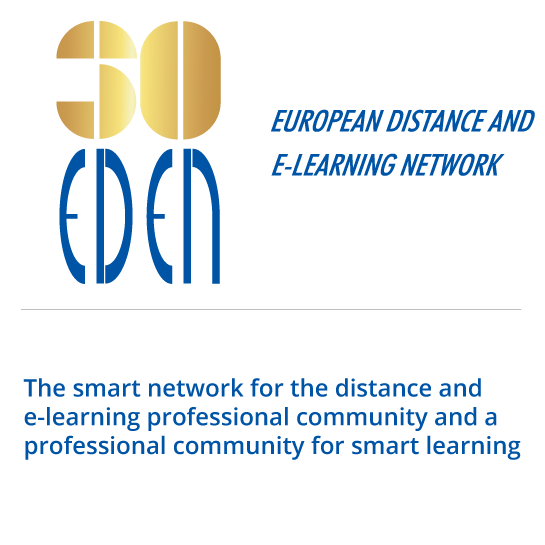On 29th October a special visit to the premises of The Open University, UK in Milton Keynes is available for registered participants. The full day programme includes transfers, lunch/coffees and presentations on some of the OU’s main recent initiatives. Places are limited to 50 participants and can be booked for an additional charge of 25/£20 per person via the Registration Form.
| Time | Session |
| 8.00 | Bus pick up at Oxford |
| 10.00-10.30 | Welcome and coffee |
| 10.30-11.30 |
Assessment for Learning: automatic feedback for draft essays – Professor Denise Whitelock, IET Open approaches to OER impact research – Dr Rob Farrow, IET |
| 11.30-12.30 | Using the student voice to design the student experience– Tammy Alexander and Louise Olney, LTS Considering what the user wants within web design is not something revolutionary, but within an emerging and competitive HE marketplace of open and distance learning, using continual qualitative evidence from students as a UX methodology enables effective iteration and adaptive design which can deliver user expectations through a cutting edge, efficient and stimulating interaction with the Open University (OU) and their peers. This presentation shows how the OU is using a user-led research methodology for the design of its online environment and by capturing the student voice we demonstrate how this evidence-based practice is helping us make decisions to improve the complete learning experience by combining user goals with learner-centred design. |
| 12.30-13.15 | Lunch and tour of the IET Labs |
| 13:15-14:15 |
Predictive analysis of at risk students – Prof Zdenek Zhrahal Gathering student’s feedback from social media – Dr Harith Alani |
| 14:15-15:15 |
Making the most of business data in open and informal learning – Andrew Law, Director of Open Media Unit |
| 15.15-15.45 | Coffee and break |
| 15.45 | Bus back to Oxford (Return approx. 17.45) |

